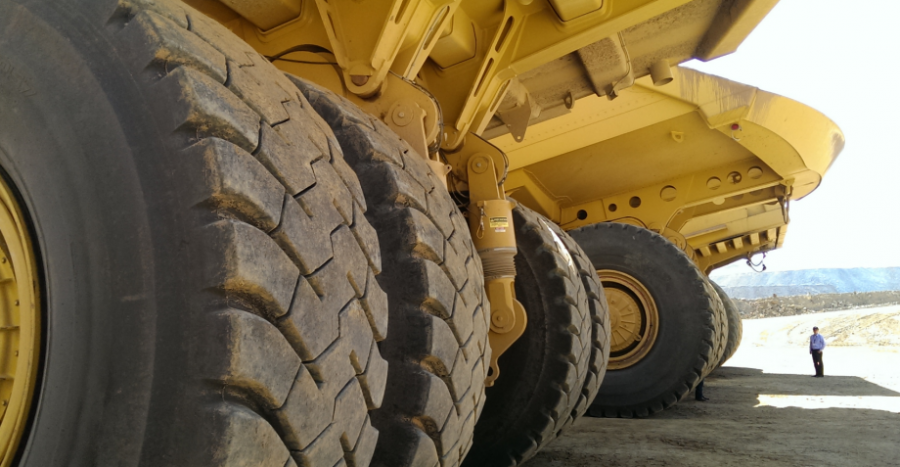Recovering global miners face fresh squeeze from rising costs

TORONTO/VANCOUVER, Oct 27 (Reuters) – Just as global miners recover from an extended downturn and anemic metal prices, the industry faces a fresh challenge: higher costs.
Mining companies, including Newmont Mining Corp, Teck Resources and Barrick Gold Corp, reported increased costs this week in their quarterly earnings, lifted by factors including supplier inflation, firmer currencies and renewed exploration and development spending.
Having just emerged from five years of belt-tightening when metal prices were weak, mining companies want to ensure that the benefits gained from that painful exercise are not lost.
Big miners said this week that they will flex their muscle with suppliers, who sell materials ranging from chemicals and trucks to steel.
“We’re going to be exercising all our purchasing power strength to drive those prices down,” Barrick’s Chief Operating Officer Richard Williams said on a conference call on Thursday, without specifying which suppliers were hiking prices.
Encouraged by a rebound in prices for gold, copper and other metals that picked up steam late last year, miners are once again opening their wallets to spend on exploration and mine development, increasing competition for goods and services, and pushing up those input prices.
Gold prices have climbed 11.5 percent, to $1,272.80 an ounce from $1,141.19 in mid-December 2016, while copper has soared 54 percent, to $3.23 a pound from $2.10 in late October 2016.
Since miners sell commodities, whose prices are fixed by the market, they cannot immediately pass on the costs to the end customers.
But suppliers like Caterpillar Inc, the world’s biggest maker of mining equipment, are reaping the rewards. The company, which this week reported earnings that blew past analyst estimates, expects mining revenue to jump 30 percent this year.
The big five
The production costs of four of the world’s five biggest gold miners by market value – Newmont, Barrick, Newcrest Mining Ltd and Goldcorp Inc – rose by an average 7 percent in the third-quarter compared with a year ago, results this week showed. The fifth, China’s Zijin Mining Group , did not provide comparable cost figures.
When “you go from a period of very low levels of activity with vendors to an increased level, there’s going to be a price impact,” said Richard Adkerson, chief executive of Freeport-McMoRan Inc, the world’s No. 2 copper miner by market value, on a conference call Wednesday.
Like Barrick, Freeport’s size gives it bargaining clout with suppliers, Adkerson said, which should help keep goods and services prices in check.
Stronger currencies in Canada and Australia over the past six months are also lifting costs, such as labor – the sector’s biggest minesite input cost, and squeezing margins for companies because sales of commodities are priced in U.S. dollars.
Since May, the Canadian dollar has strengthened by 7 percent and the Australian dollar by 4 percent.
While miners are starting to spend again on exploration and development, analysts expect them to be more cautious than in the 2008-2012 boom, when costs spiraled out of control on several multi-billion dollar projects, including Barrick’s Pascua-Lama venture in South America.
“The lack of focus on costs during the last super cycle is still fresh in the minds of mining companies,” said Anton Ivanyi, consulting firm EY’s British Columbia mining and metals sector leader.
(Reporting by Susan Taylor in Toronto and Nicole Mordant in Vancouver; Editing by Denny Thomas and Marguerita Choy).
{{ commodity.name }}
{{ post.title }}
{{ post.date }}




Comments